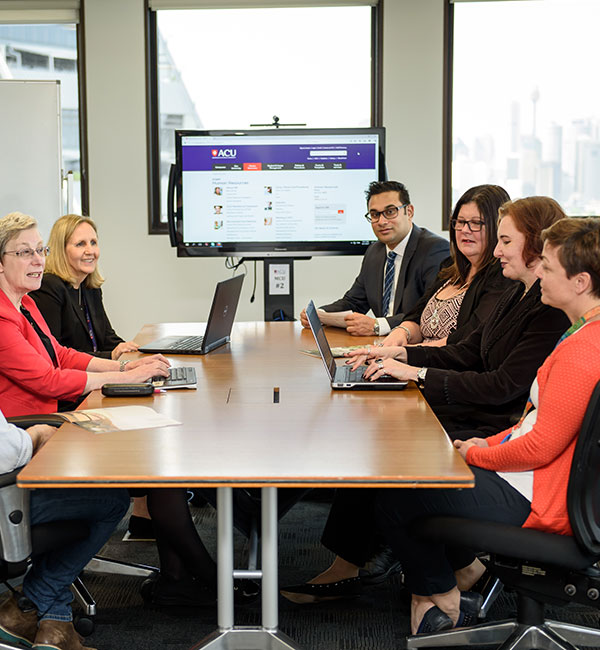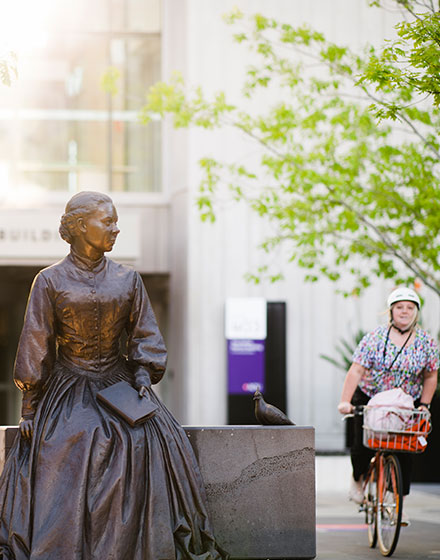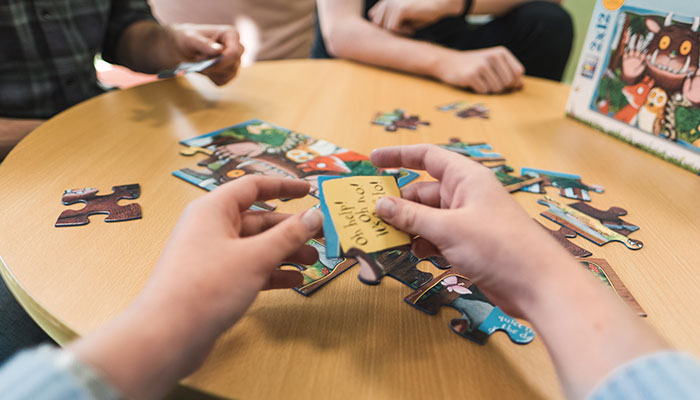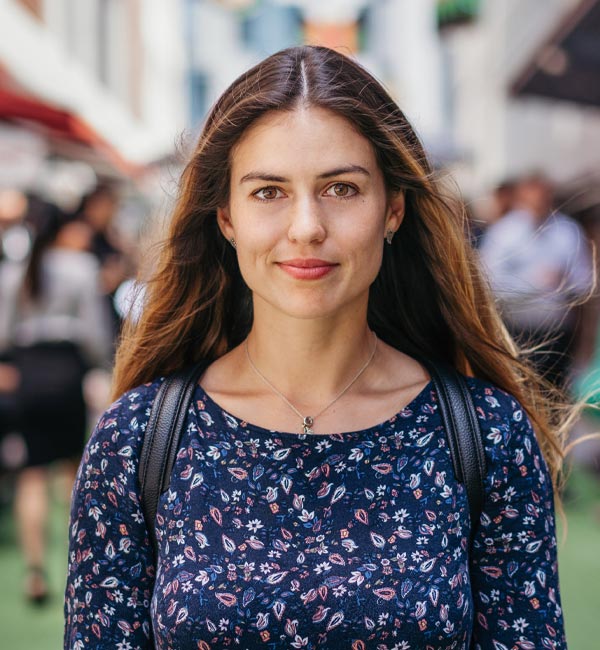Our partnerships
We work with a range of industry, community, research and Catholic partners. Read how we collaborate, or get in touch regarding a potential partnership.
Browse partnersIn a world of mass production, ACU stands for meaningful education, rewarding research, and life-changing community engagement.
Our mission and values form the core of who we are as a Catholic organisation. Discover our history, structure, and our journey to be a leader in research and teaching – a goal we’re already achieving as one of the top 10 Catholic universities in the world.
Explore our reputation and ranking
We’re a young university focused on embedding excellence. Learn how we’re growing towards our ambitions and meet our leadership team.
As a leading Catholic university, we will enable flourishing lives, foster thriving communities and forge an ethical future.
Learn how ACU is organised. Read about our leadership team and key decision-making bodies, or review our organisational and governance charts.
As a Catholic university, we’re guided by clear values. Explore our mission, identity and values, and understand why we value the pursuit of knowledge, human dignity and the common good.

We work with a range of industry, community, research and Catholic partners. Read how we collaborate, or get in touch regarding a potential partnership.
Browse partners
As a university of service, we believe in celebrating life, enriching experiences and solving complex problems by giving back to those in need.
Let's engage
Our Faculty of Education and Arts champions innovative teacher education alongside arts, humanities and the social sciences. Learn more about the faculty, visit our two national schools, or browse research areas, professional learning programs and staff contact information.
Go to faculty
Home to world-leading facilities and industry placement opportunities, our largest faculty is guided by values of excellence, dignity and engagement. Learn more about the Faculty of Health Sciences, visit our three schools, or browse research areas, facilities and services, and staff contact information.
Go to faculty
The Faculty of Law and Business teaches the importance of governance, ethical leadership, social justice, responsibility and sustainability. Learn about the faculty’s practical internships, pro bono work and community engagement, or browse research areas and industry partnerships.
Go to faculty
Present at every ACU campus, our Faculty of Theology and Philosophy is a world leader in religious and divinity studies. Learn more about the faculty, access learning opportunities, view research areas, browse events and conferences, and discover our range of professional consulting services.
Go to faculty
Change or advance your career with a course from ACU Online. You’ll have the flexibility to study when and where it suits you, while belonging to a supportive academic community.
It’s online learning that empowers you to make a difference.
Study a course that has been specifically designed to be taught online in an innovative, interactive learning environment. You’ll learn from experienced online educators who are experts in their fields. You’ll also be able to connect with your peers to discuss work, collaborate and share ideas.
Our friendly course consultants are ready to guide you through the application process, discuss your eligibility and answer your questions about online study.
ACU is home to multiple institutes, academies and centres that seek to benefit a wide cross-section of society – in Australia and beyond.
Learn moreLooking for a specific ACU staff member? Locate their office contact details by searching our online staff directory.
Meet our staffPost a job, tutoring position or work placement via ACU’s CareerHub. You can also check student qualifications or contact Careers and Employability.
Work with usBrowse current tender opportunities and register your company as an ACU supplier at our online portal.
Register nowAccess our online repository of ACU publications, including course guides, flyers, brochures, magazines and annual reports.
Browse titlesExpand your knowledge and help others while gaining a top qualification. Learn why choosing ACU will enrich your life.
Our differenceWe’re solving real-world issues with world-leading research, and we strive to make a positive impact on industry, communities and people.
Join us
We're available 9am–5pm AEDT,
Monday to Friday
If you’ve got a question, our AskACU team has you covered. You can search FAQs, text us, email, live chat, call – whatever works for you.